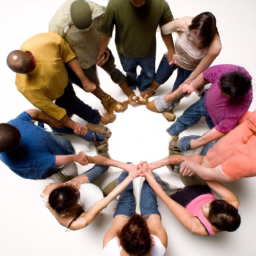For centuries, women have been systematically excluded from positions of power in politics. The data shows that the number of women in political leadership roles is still at less than one in four Cabinet Ministers, with men continuing to dominate the political landscape. This is a global struggle, which has been observed in the United States, Europe, and the rest of the world.
Though there have been some improvements in women's representation in politics, the progress has been slow. For example, the United States has seen some progress in recent years, with the election of female vice president Kamala Harris in 2020. However, the number of women in Congress is still only one-third. This is despite the fact that women make up more than half of the population in the United States.
In Europe, the situation is somewhat better, with a range of countries having achieved gender parity in politics. However, the region still lags behind the rest of the world, with many countries having only achieved a limited level of gender equality.
The global struggle for women in politics is also affected by the culture of each country. In some places, the notion of female leadership is seen as a challenge to the traditional power dynamics. This can make it difficult for women to succeed in the political arena.
One of the most repeated arguments is that there is a balance of power between men and women in politics. However, this assumption to make the story more click-worthy exaggerates the amount of progress that has been made. In reality, the majority of political power is still held by men.
To make progress in this area, governments need to implement concrete measures that will help to encourage women to take up roles in politics. This includes measures such as gender quotas, which are designed to ensure that a minimum number of women are elected.
In addition, governments need to take steps to ensure that women have equal access to the resources and opportunities that are available in politics. This means that women should be provided with the same level of education and training opportunities as men.
Finally, it is important to recognize gender discrimination in the political arena, and to take steps to address it. This means that governments need to ensure that there are laws in place that prohibit discrimination and ensure that women are treated equally.
